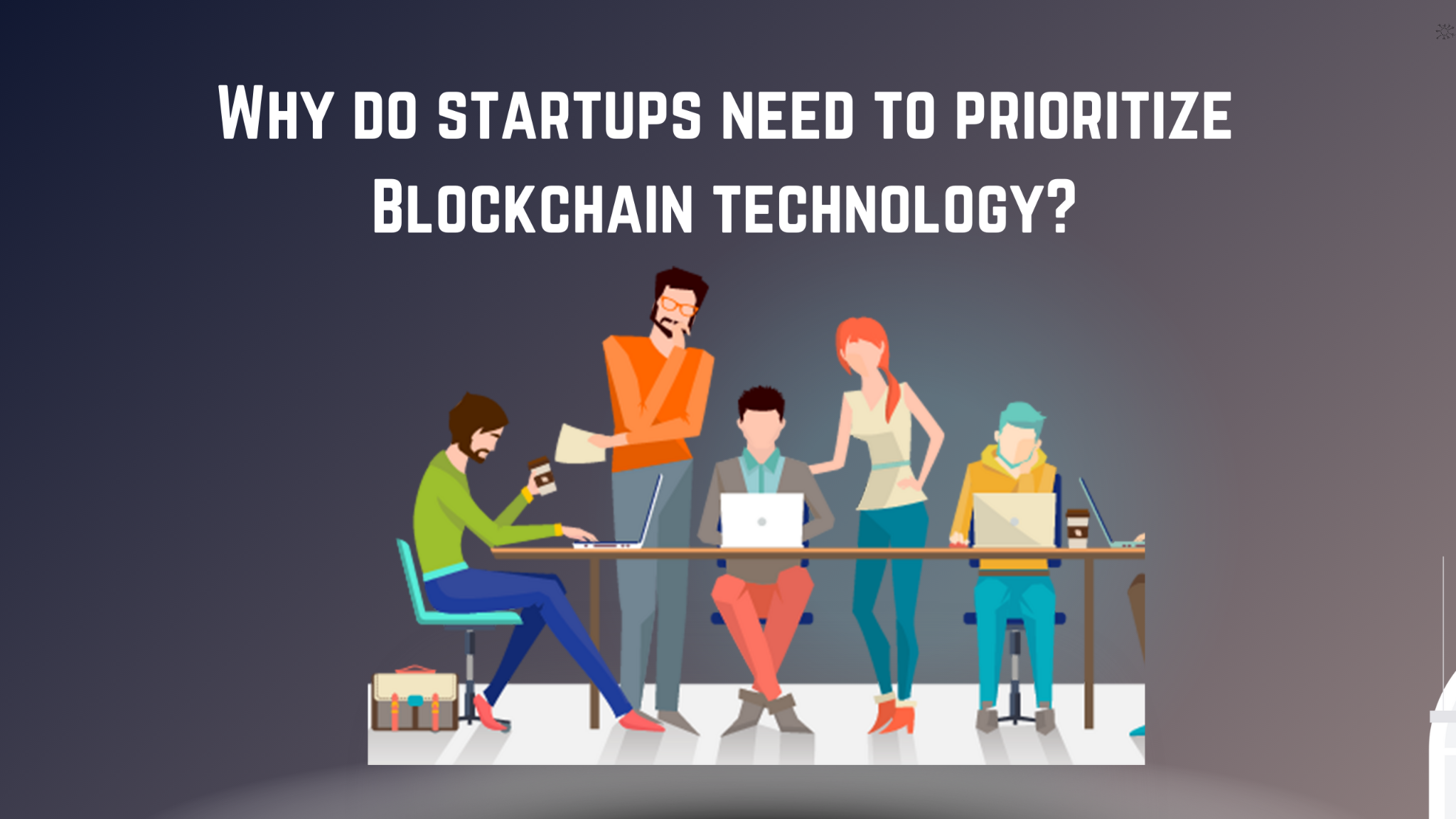Blockchain is a decentralized and distributed digital ledger that provides a permanent, immutable record for transactions if you are not familiar. This article will provide an overview of what blockchain technology is, how it can be used in your startup organization, and why startups should consider the benefits of incorporating this new technology.
1. Virtual markets
Perhaps the most prominent use of blockchain development company today is virtual goods and trading. The best known of these companies are virtual currency exchanges, such as Coinbase and Bittrex, which allow people to exchange a wide variety of virtual goods through this technology. The main benefit of using blockchain in a market is the absence of fraud. It can be used to verify that a transaction has occurred between two or more parties, thus eliminating the possibility of double spending. While many people have already seen these examples in mainstream media, many other industries use this technology in their business models.
Related: Blockchain Is Everywhere—Here’s How to Understand It
2. Network-based services
Another example of a startup that uses blockchain technology is a VPN service or node. Because a VPN is essentially an encrypted tunnel, the data must naturally pass through a centralized server. This creates the possibility of foul play on the part of the VPN node owner, allowing them to spy on your data. The use of blockchain technology in this service helps ensure that such malicious acts do not occur because it gives players full control over their interactions.
3. Smart contracts
A smart contract is defined as an event-driven program that runs on blockchain technology and allows two or more parties to conduct business transparently and securely without trusting each other. These contracts can be used in a wide range of application areas and allow all participants to be confident that they have received the promised results, without the need for manual supervision by a third party. For example, a smart contract could be written that requires a user to deposit money into an escrow account before accessing the desired service. This ensures that they have received nothing less than what was promised and prevents someone from abusing this system by requesting access to these funds even after the agreed service has been completed.
4. Health sector
The healthcare sector is an industry that is trying to harness the power of blockchain technology. The main reason for this is to increase security around healthcare records and share them more easily. This technology would allow patients to maintain their records to control their data and access it from any computer or smartphone. Blockchain also offers a secure way for doctors and researchers to share medical data without compromising patient privacy or threatening the integrity of research data. Alternatively, digital currencies running on a blockchain could be used as a way to secure votes or even help people determine their votes.
Related: 3 tips to take advantage of the future decentralized Web 3.0 infrastructure
5. Game sector
Blockchain technology also makes it possible for games where players own digital assets, allowing them to exchange these assets socially, either by selling them, renting them, or gifting them to other players online. In addition, it makes it a more transparent, secure and fair system for exchanging virtual currency. People can trust that these virtual assets come from a trusted source and can be exchanged at will without fear of dumping or inflation.
6. Energy management
Energy formation is a huge task and is often carried out by companies considered national. Whether state or private, the monopoly is establishing itself in the market. Blockchain technology could be used to solve the energy problem in a more sustainable way. Implementing decentralization, trustless networking and opening the system creates a possible way to carry out energy trading or management at a localized level. It could create more competition among energy traders and more efficient trading.
7. Voting and government formation
Perhaps one of the most promising uses of blockchain is voting and forming governments.Voters can have greater control over how their votes are used and the integrity of the voting process can be safeguarded. Additionally, it can ensure that a transaction is legitimate and that no fraud occurs. However, there are still some problems in using blockchains for voting. At this point, there are very few completely secure, open source systems. Therefore, it may not yet be possible to use this technology in government elections in the short term.
8. Banking sector
Blockchain technology is also being used in the banking industry to increase the security of transactions. It allows banks to store their private keys using digital signatures, which are harder to hack than other types of passwords. Overall, incorporating blockchain development services into banking systems could help unbanked people and bank accounts without necessary documentation (such as passports) make secure transactions. These include people living in underdeveloped areas and refugees who may find it difficult or impossible to access a traditional bank account.
9. Commercial sector
Blockchain technology has already been effectively incorporated into trading platforms by a number of businesses. It has enabled large-scale trade to be carried out without the involvement of reliable third parties. This means that transaction management is more fluid and secure. It also provides an opportunity for businesses to engage in transparent and direct commerce, which can create a more level playing field due to its transparency, security and transaction speed. Cryptocurrencies are also a great example of this. The most popular cryptocurrency and blockchain to date, Bitcoin, is traded peer-to-peer without a middleman.



